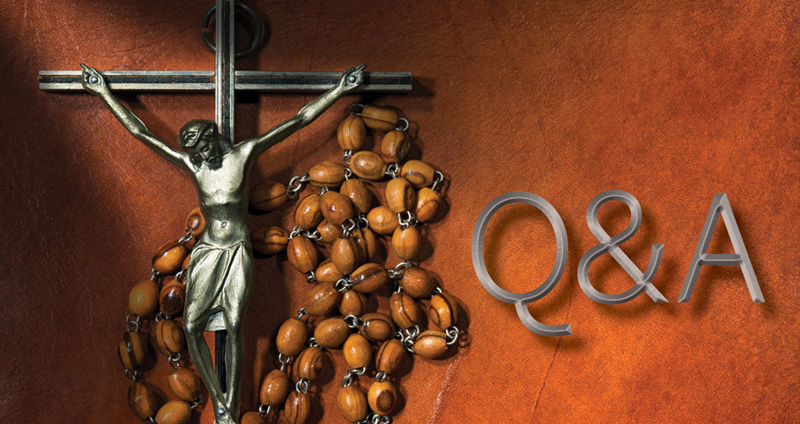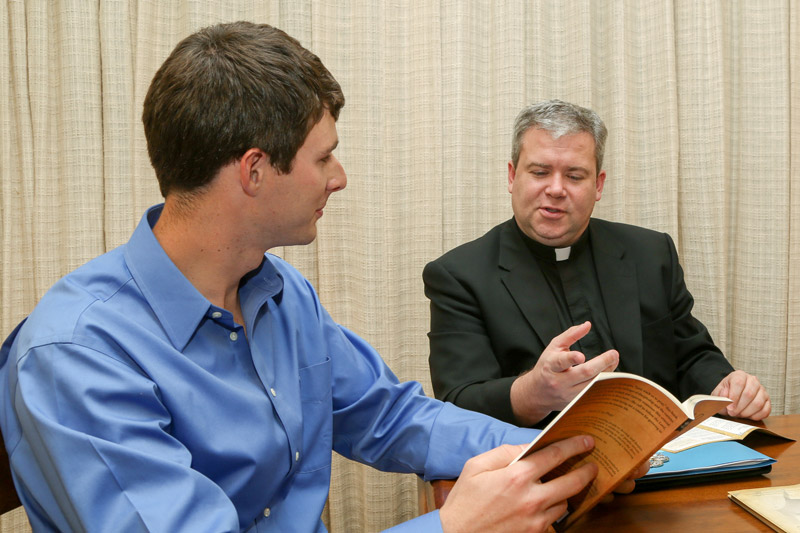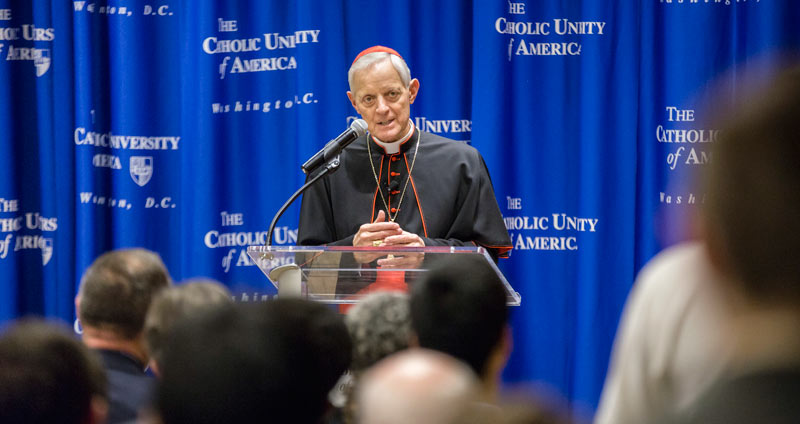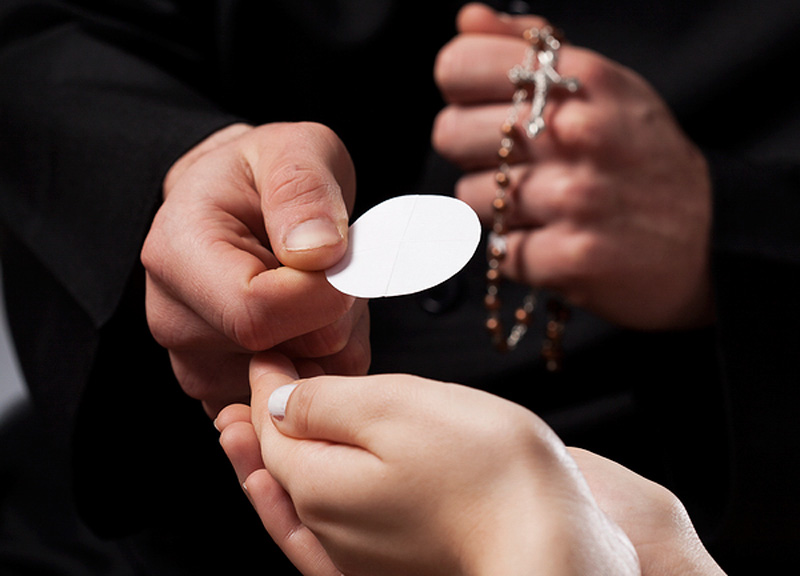
Q: In my parish, we oftentimes have two collections. I give as I’m able, but I also receive numerous solicitations from religious groups. Why do they send these things? Isn’t giving to my parish enough? Doesn’t my parish support these efforts? (Myrtle Beach, SC)
A: Your question indicates the importance of taking our financial stewardship seriously. It’s important for us as believers to show by our sacrificial giving that we acknowledge and accept that all blessings come from God, including the talents and abilities that allow us to work or to live on our retirement plan.
The general biblical principle is that a tithe be given. This means 10 percent of our income. But how is this tithe dispersed? There is no set breakdown of the tithe and so there are many options.
It’s generally recommended that a large part (perhaps five percent) go to our parish and its needs, a percentage should go directly to our bishop (perhaps one percent to his annual appeal or designated donation), and then a portion (perhaps the other four percent) could be given to other charities at our discretion.
A general breakdown is suggested so that the faithful are not overwhelmed by requests for charitable giving and confusion over what to give to whom. By following suggestions like the above, you can determine what to give within the four percent to second collections — such as the Church in Africa, or the Catholic University of America, or other designated intentions — or toward one of the religious orders or groups that seek direct assistance, and may not be receiving support from a parish or diocese. This possibility is why religious orders and groups solicit financial support from us.
The above breakdown is a broad suggestion while the tithe itself is not. It’s essential that believers cheerfully offer the “first fruits” of their labor to the Lord.
In speaking about the tithe, there are some who dismiss it, arguing that it was fulfilled with the Old Testament ceremonial law and is no longer binding. This is a theological opinion that is at odds with the mainstream theological interpretation, which is best summarized by St. Thomas Aquinas, who said the tithe is connected to justice and the moral law and is still obligatory.
I hope that explains why you receive so many envelopes for second collections and why you’re solicited for funding by different groups. Thank you for taking your fiscal discipleship seriously and for seeking to be as generous as possible.
Q: Are eulogies allowed in a funeral Mass? One priest says they are while another says they’re not. Could you clarify this for me? (Columbia, SC)
A: Historically, eulogies have not been a part of the Mass of Christian Burial since the specific focus of that Mass is not so much the life of the person as it is an intercession for mercy on their behalf. This aspect of the funeral Mass has been eclipsed in recent decades and so there is some confusion.
Traditionally, eulogies are given at the vigil service or the graveside service. These are the occasions when eulogies are more properly given since they are more focused on the family and loved ones; rather than the funeral Mass, which is for the entire parish community.
With that said, however, vigils and graveside services are becoming less common and so the Church does allow a priest to include eulogies in the funeral Mass for pastoral reasons.
In summary, we could say: eulogies in the funeral Mass are not preferred but are permitted by the Church.
Father Jeffrey Kirby is administrator of Our Lady of Grace Church in Lancaster. Email him your questions at askfrkirby@gmail.com.




